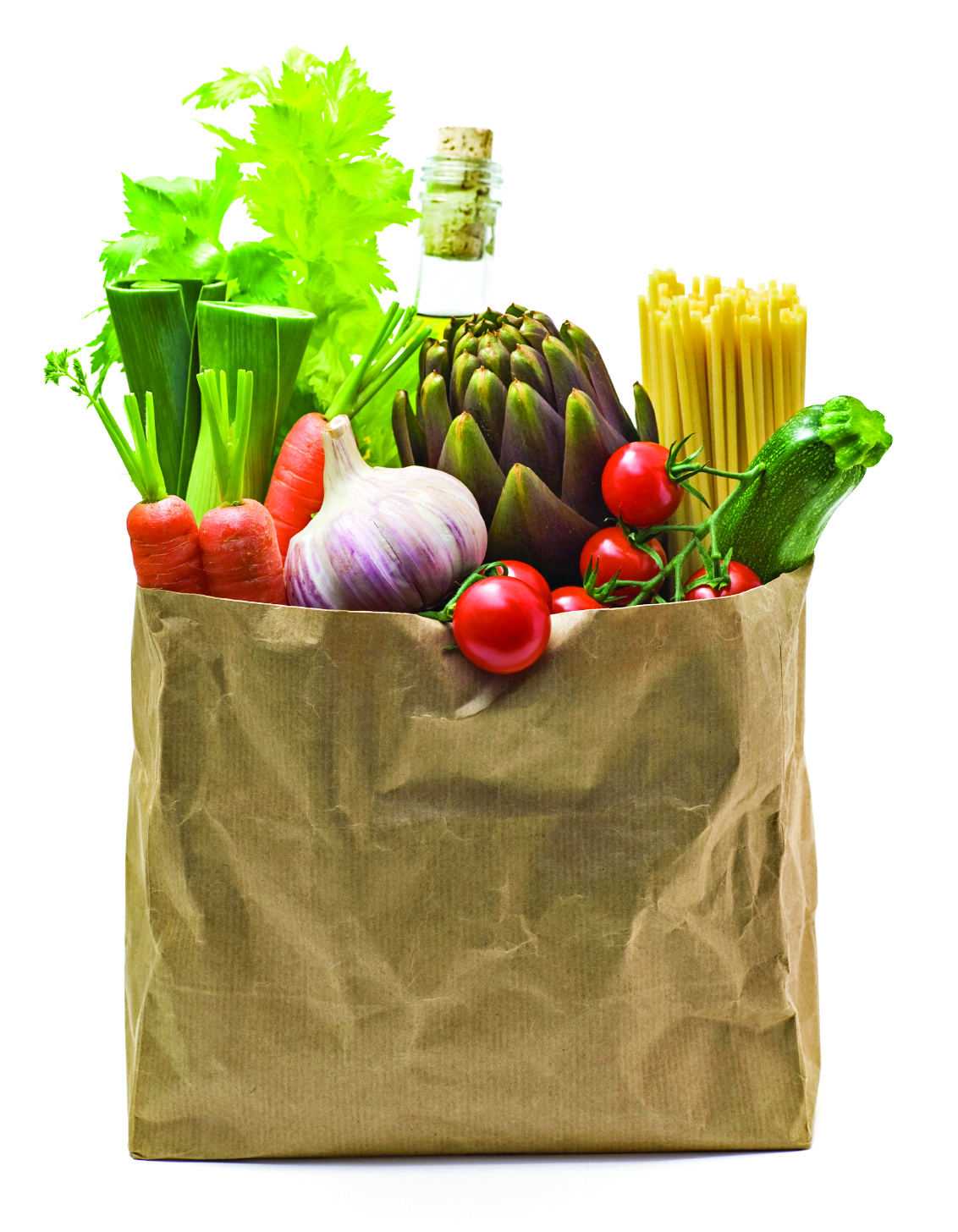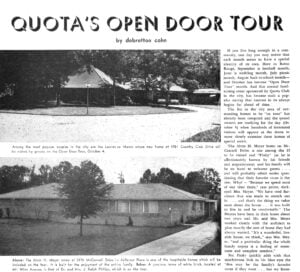Column: The cost of convenience
I’m out of dishwasher detergent—a necessity. That should be an easy fix. A simple in-and-out at the nearby grocery store. But as I enter the parking lot, I remember that we are low on toilet paper, and I need beef broth for the stew tomorrow night, and my daughter finished the last of her string cheese as I was walking out the door (and she really likes string cheese—plus it’s good for you), and I could really use some dark chocolate. And I haven’t even grabbed a buggy yet. One hundred and thirty seven dollars and twenty-seven cents later, I have my detergent.
Yowza.
Sad truth: I will be back tomorrow because I forgot the milk.
When enough of these quick runs to the store add up, you have yourself a situation. I know. I’m in one. It’s one of those situations where you realize you have absolutely no personal time because all of your hours are spent on aisle three searching for Nutella, and no extra cash because you paid twice as much for a thin box of Cinnamon Toast Crunch at the closest market instead of buying in bulk—and being deliberate in your purchase—at the wholesale club.
Six hungry mouths to feed can break the bank.
I have a dream, and it looks like this: I am a ranch woman. I live on a farm far, far away from the local store. We go “into town” once a week at most and stock up on goods. When the stock runs out, it runs out. We make do. We survive on grilled cheese and tomato soup. Somewhere along the line, I learn to sew.
My dream explodes when I realize that I don’t like ranch chores, or ranch clothes, or ranch hours, or ranch solitude. And I will never—as much as I pipe dream—be able to sew. But I like my interpretation of the ranch meal plan. It’s deliberate, it’s budget-friendly and it’s attainable. I decide to give it a whirl.
At first, this plan is met with a round of applause from my children because—much like a 1960s housewife—I have come up with standard meals to eat during the week. This includes Taco Tuesday. (The crowd goes wild.) No more asking, “What’s for dinner?” You know what’s for dinner. It’s Tuesday. I’ve purchased all ingredients necessary for two weeks’ worth of weekday meals, and I’ve premade and frozen a few dinners for those nights when we are running like banshees to shuttle children to and from their sports. It’s a plan.
Week one looks like it is working. But it’s only Thursday.
“Mom, we’re out of yogurt,” says my daughter. “Can you pick some up for my lunchbox?”
“Sure,” I reply. “I’ll add it to the list and get it this weekend.”
Look of confusion. “What am I supposed to eat?”
Look of determination. “Your sandwich. And the pretzels from the pantry. And an apple. Or eat the school lunch.”
Later, I’m walking out the door to pick up a child from soccer. Dinner is on the stove. My son pipes up, “Hey Mom, on your way back in, will you buy some French bread?”
Did I ever say yes to this before?
This is the great cost of convenience: It is possible to pick up the bread but not necessary. The purposeful practice of saying “No, let’s wait” takes effort. It will be a challenge to implement the plan—what if I need my chocolate?—but it should save both money and time.
Will it be successful? I’m betting the ranch.










